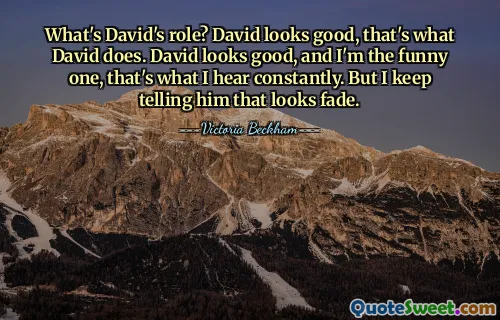How quickly the dead faded into each other
In the novel "Atonement" by Ian McEwan, the theme of mortality and the passage of time is poignantly examined. The quote "How quickly the dead faded into each other" evokes a sense of the transient nature of life and memory, illustrating how individuals who once had distinct identities can blur and merge in the collective consciousness after death. This highlights the inevitable process of forgetting as the years pass, where personal stories and unique experiences gradually dissolve into the broader tapestry of history.
The narrative reflects on the impact of memory and the fragility of human connections. McEwan's exploration of these themes serves as a reminder of the permanence of loss and the ways in which we relate to those who have passed on. As time goes by, the distinctiveness of the deceased may diminish, leading to a shared sense of loss that binds the living, revealing the complexities of love, guilt, and redemption woven throughout the story.
